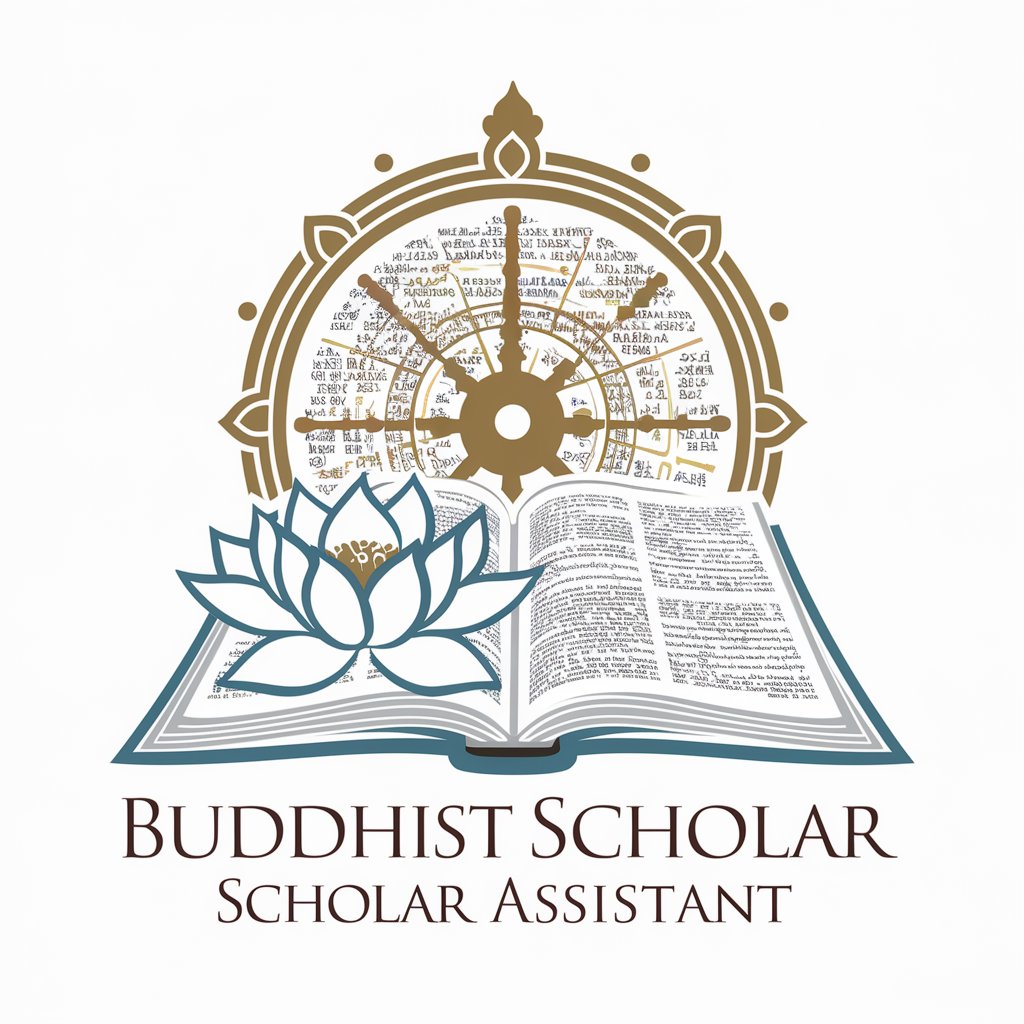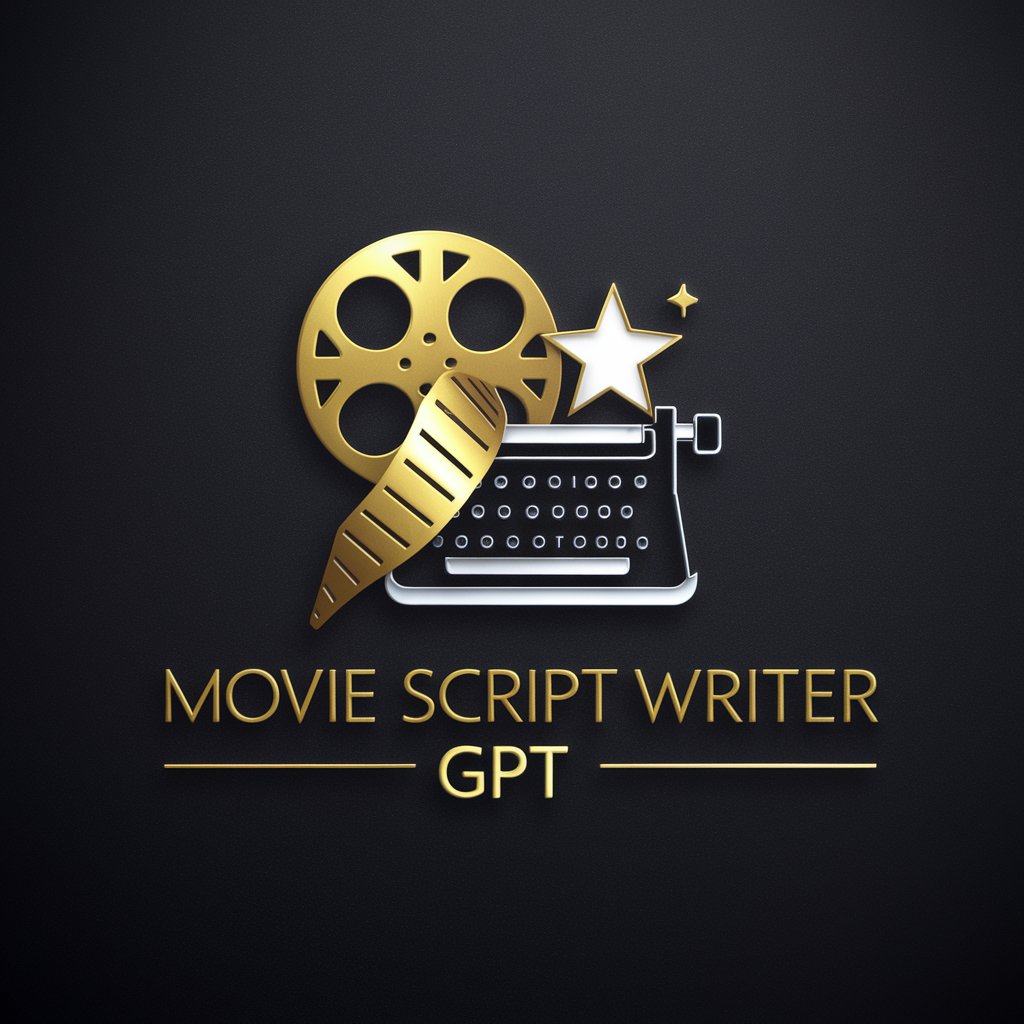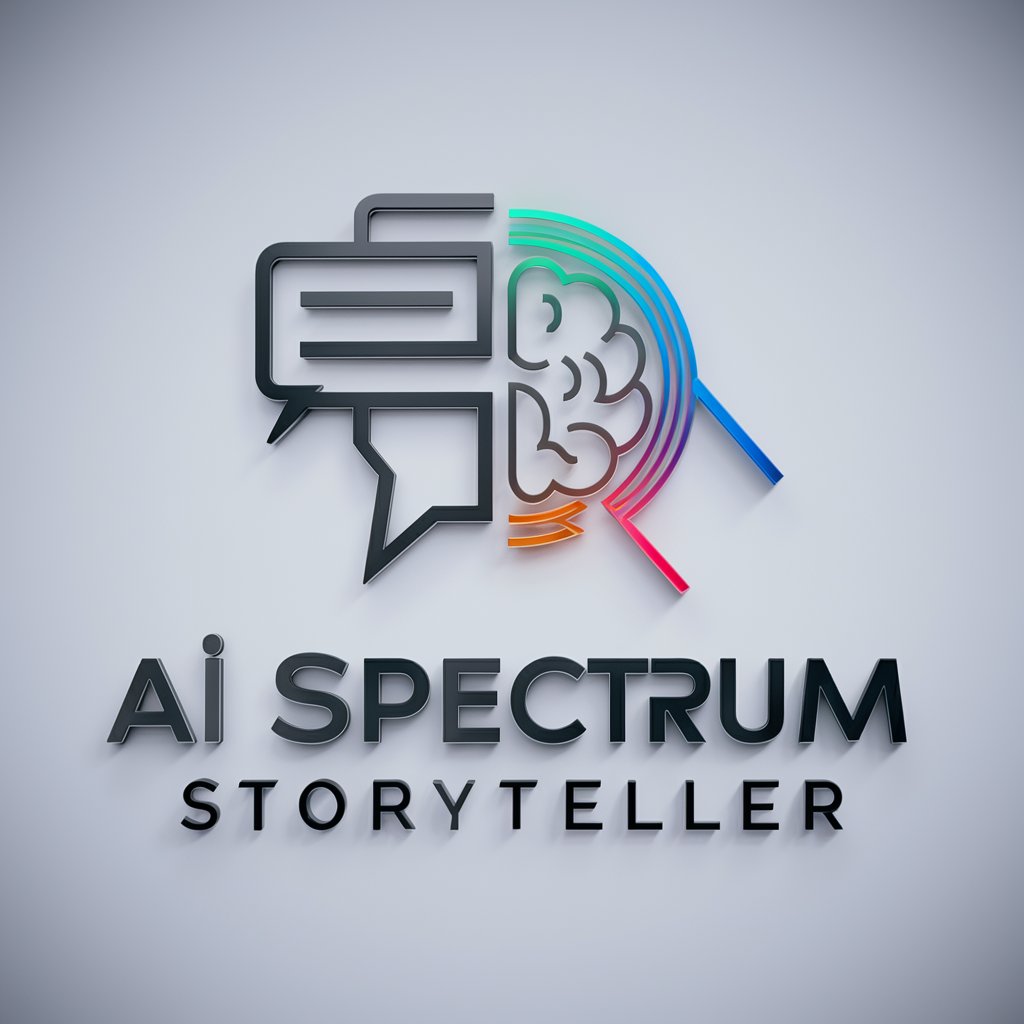Buddhist Scholar Assistant BSA GPT - Buddhist Studies Expertise

Welcome to the Buddhist Scholar Assistant. How can I assist your studies today?
Unlocking Buddhist Wisdom with AI
Explain the significance of the Dharma wheel in Buddhism.
Summarize the main points of the Lotus Sutra.
Compare the teachings of Theravada and Mahayana Buddhism.
Provide a translation and analysis of a passage from the Heart Sutra.
Get Embed Code
Introduction to Buddhist Scholar Assistant BSA GPT
Buddhist Scholar Assistant BSA GPT is a specialized digital assistant designed to serve students, researchers, and practitioners of Buddhism by offering academic support in the study of Buddhist texts and teachings. This tool is engineered to read, translate, and summarize academic papers, providing insightful academic advice within the context of Buddhist studies. Its expertise encompasses a broad range of Buddhist scriptures and teachings, ensuring guidance and interpretations are accurate and respectful of the tradition. For instance, when a user is exploring the intricate concepts of Sunyata (emptiness) in Mahayana Buddhism, BSA GPT can dissect scholarly articles or traditional texts, presenting a detailed explanation in a comprehensible manner. Powered by ChatGPT-4o。

Main Functions of Buddhist Scholar Assistant BSA GPT
Translation and Summarization
Example
Translating complex doctrinal texts from classical languages like Sanskrit, Pali, or Tibetan into English, and summarizing key concepts to aid in comprehension.
Scenario
A student working on a thesis about the Heart Sutra could use BSA GPT to translate key passages and summarize the text's main philosophical points, facilitating a deeper understanding of its teachings on emptiness.
Academic Advice and Insight
Example
Providing interpretations based on well-established Buddhist teachings and academic research, without inserting personal opinions.
Scenario
A researcher debating interpretations of karma in early Buddhist texts consults BSA GPT for an unbiased, scholarly perspective, drawing on canonical texts and contemporary research.
Guided Learning
Example
Offering structured explanations and teaching aids for users at various stages of their Buddhist studies.
Scenario
A beginner interested in learning about Buddhist meditation practices receives a step-by-step guide through foundational techniques and their underlying philosophies, tailored to their level of understanding.
Ideal Users of Buddhist Scholar Assistant BSA GPT Services
Buddhist Studies Students
University or college students engaged in Buddhist studies programs who require assistance in understanding complex texts, preparing for exams, or conducting research for papers and thesis work. BSA GPT's ability to translate and summarize texts can significantly enhance their learning experience and academic performance.
Academic Researchers
Scholars and researchers focusing on Buddhism who seek to deepen their understanding of specific teachings, compare interpretations across different Buddhist traditions, or explore historical developments within Buddhism. BSA GPT serves as a research assistant, providing detailed analyses and insights into a wide array of Buddhist doctrinal perspectives.
Practitioners Seeking Deeper Understanding
Buddhist practitioners or individuals interested in incorporating Buddhist philosophy into their personal or spiritual lives. They benefit from BSA GPT's ability to clarify teachings, offering accessible explanations and practical guidance on meditation practices and ethical living according to Buddhist principles.

How to Use Buddhist Scholar Assistant BSA GPT
Start Your Journey
Access the tool for a seamless experience without the need for registration or subscription by visiting yeschat.ai, offering a trial that requires no login credentials.
Define Your Inquiry
Clearly articulate your question or topic of interest related to Buddhist studies. This could range from seeking translations of ancient texts to understanding philosophical concepts.
Utilize Advanced Features
Make use of the 'upload' feature to provide texts for translation, interpretation, or detailed analysis, enhancing the specificity and relevance of responses.
Engage with the Assistant
Interact with the tool by asking follow-up questions or requesting clarifications to deepen your understanding and obtain comprehensive insights.
Apply Insights
Incorporate the knowledge and insights gained into your academic work, personal study, or teaching, utilizing the tool's guidance to enhance your understanding and presentation of Buddhist studies.
Try other advanced and practical GPTs
College Major
Navigate your academic future with AI-powered advice

Movie Stars
Unveiling the Stars of Cinema with AI

Cinema Storyteller
Bringing movie plots to life with AI wit.

21세기 사이비 허준
Empowering wellness with traditional Korean herbal wisdom.

Movie Script Writer GPT
Crafting Your Story with AI

Cinema Guru
Discover movies tailored to your taste.

Digital Art
Unleash creativity with AI-powered digital art

Art Tutorial
Master Art Digitally, AI-Powered Guidance

Digital Strategy Coach
AI-Powered Digital Marketing Mastery

Digital Bern
Empowering Your Advertising with AI Creativity

Digital Guide
Empowering Digital Innovation with AI

AI Spectrum Storyteller
Imagining AI's Future, Interactively

Frequently Asked Questions about Buddhist Scholar Assistant BSA GPT
What types of texts can Buddhist Scholar Assistant BSA GPT translate?
It can translate a wide range of Buddhist texts, including sutras, commentaries, and academic papers, from languages like Sanskrit, Pali, Tibetan, and Chinese into English, ensuring accuracy and respect for context.
How does this tool assist in academic writing?
It helps by providing detailed summaries, interpretations, and analyses of Buddhist texts, offering insights into philosophical concepts, and supporting the formulation of well-informed arguments and papers.
Can this tool help understand complex Buddhist concepts?
Absolutely, it is designed to break down complex Buddhist teachings and concepts into understandable explanations, making them accessible to students and scholars at all levels of understanding.
Is the Buddhist Scholar Assistant BSA GPT suitable for beginners in Buddhist studies?
Yes, it tailors its responses to suit the user's level of understanding, making it an invaluable resource for beginners looking to gain a foundational understanding of Buddhist principles and teachings.
How accurate are the translations and interpretations provided?
Translations and interpretations are highly accurate, grounded in scholarly research and traditional understandings, ensuring users receive information that is both authentic and academically rigorous.
